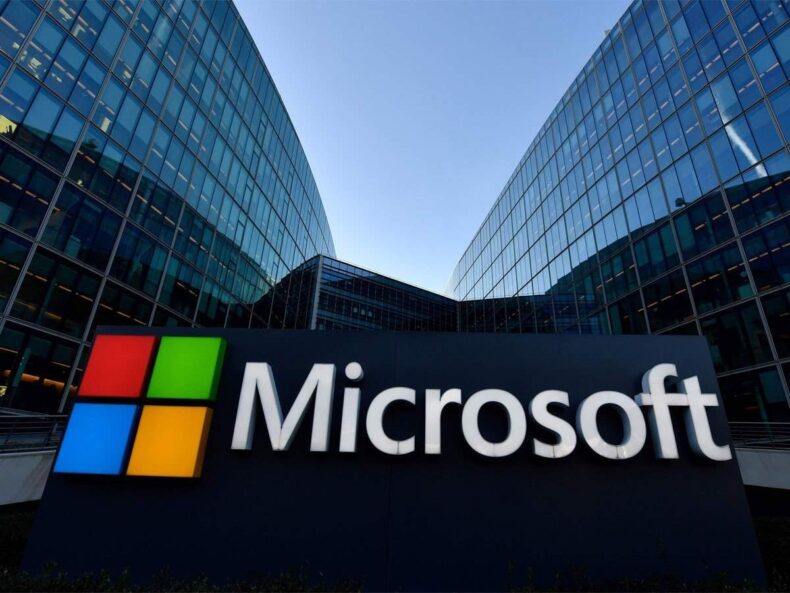Apple and Microsoft are trying to get carve outs in the Gatekeeper label for some of their services.

In a bid to tackle the dominance of Big Tech and promote fair competition, the European Union (EU) has enacted the Digital Markets Act (DMA), a historic piece of legislation. This move by the EU has prompted both Apple and Microsoft to challenge the classification of gatekeeper labels on their services. They argue that their respective offerings, iMessage and Bing, do not warrant inclusion under the DMA’s regulatory framework.
Scheduled for publication on Wednesday, the DMA will introduce new obligations for tech companies, including data sharing, interoperability with rival apps and the requirement to link to competitors. The legislation will apply to platforms with an annual turnover exceeding €7.5 billion, a market capitalization above €75 billion, and over 45 million monthly active users in the EU. However, the EU retains some discretion in determining the designation of gatekeepers based on these metrics.
Microsoft has voiced its opposition to classifying Bing, its search engine, under the same rules applied to its much larger competitor, Google Search. While Microsoft is unlikely to dispute the designation of its Windows operating system as a gatekeeper label, given its dominant position in the PC industry, it argues that Bing holds a mere 3% market share. Subjecting Bing to further legal scrutiny could put it at a significant disadvantage. If included, Bing would need to provide users with alternative search engine choices, including Google, potentially bolstering Google’s market share.
On a separate front, Apple contends that iMessage does not meet the user threshold to require compliance with the DMA’s regulations for the gatekeeper label. Therefore, Apple believes that iMessage should not be obligated to open its service to rival apps, such as Meta’s WhatsApp. Analysts estimate that iMessage, an integral part of every iPhone, iPad, and Mac, boasts approximately 1 billion users worldwide. However, Apple has not disclosed user figures for several years. The ultimate decision hinges on how both Apple and the EU define the market within which iMessage operates.
The European Commission, Apple, and Microsoft have declined to comment on the matter of the gatekeeper labels. The DMA will subject several services of major US tech companies, including Amazon, Google, and Meta, to regulation like the gatekeeper label among many. The Chinese-owned platform TikTok will also be included in the list. Meta’s Instagram and Facebook, as well as Google’s search engine, are among the services expected to fall under the new rules. These regulations aim to open up markets and foster competition, especially from European startups.
Brussels is currently deliberating the inclusion of iMessage and Bing in the final list, and the commission may launch an investigation to determine whether these services should be subject to the DMA’s new obligations. This ongoing process of implementing landmark rules, which will come into full effect next spring, could lead to legal challenges against the commission in the EU courts in Luxembourg.
As tech giants openly challenge the EU’s regulatory efforts(like the gatekeeper labels), these legal disputes unfold in the midst of heightened scrutiny surrounding allegations of anti-competitive behavior. Earlier this year, Brussels even threatened to break up Google over alleged illegal practices in the adtech sector. German online retailer Zalando and US tech giant Amazon have also taken the EU commission to court, claiming unfair targeting under the Digital Services Act, a complementary piece of digital legislation designed to establish new standards for policing the internet .
Andreas Schwab, the MEP who led negotiations on the rules, expressed optimism about the DMA’s potential to introduce new competition to digital markets in Europe. Now, it falls to the European Commission to implement and enforce these regulations effectively, setting the stage for a potential transformation in the tech industry landscape.













